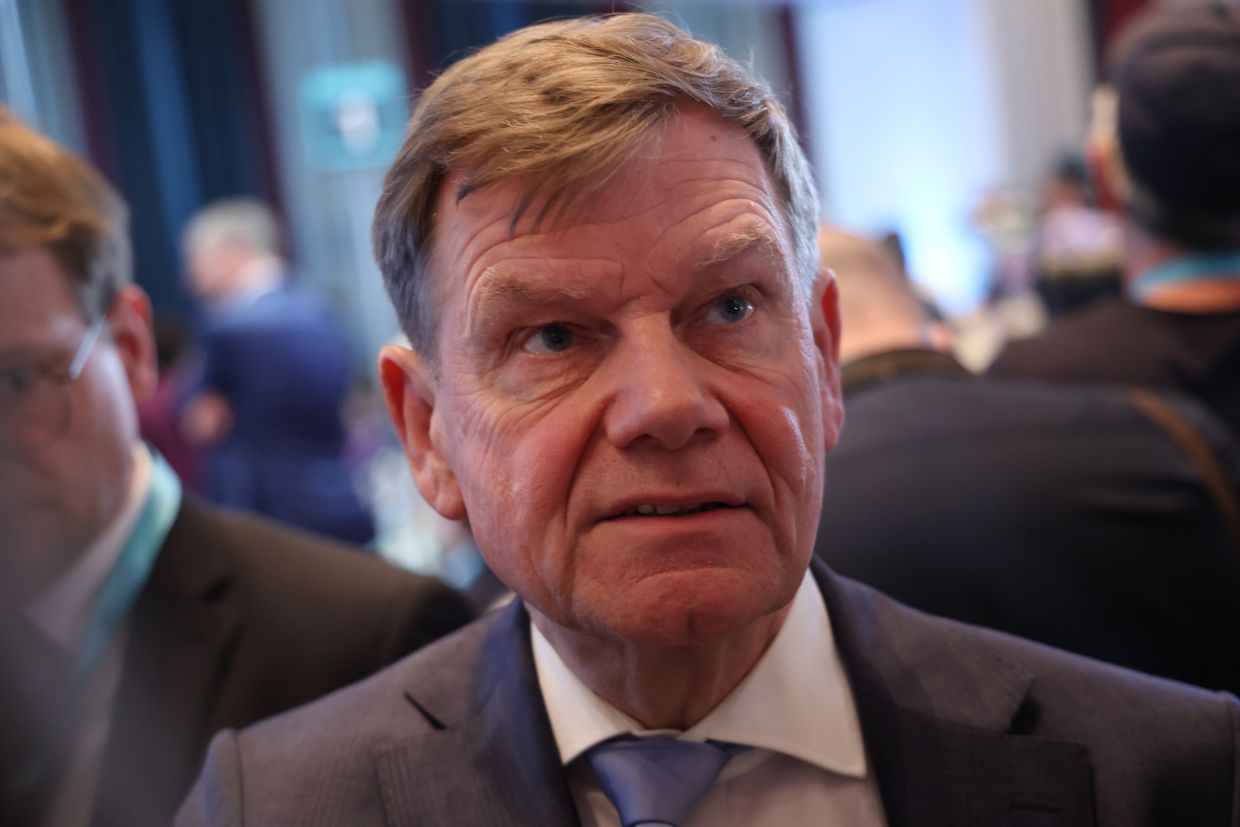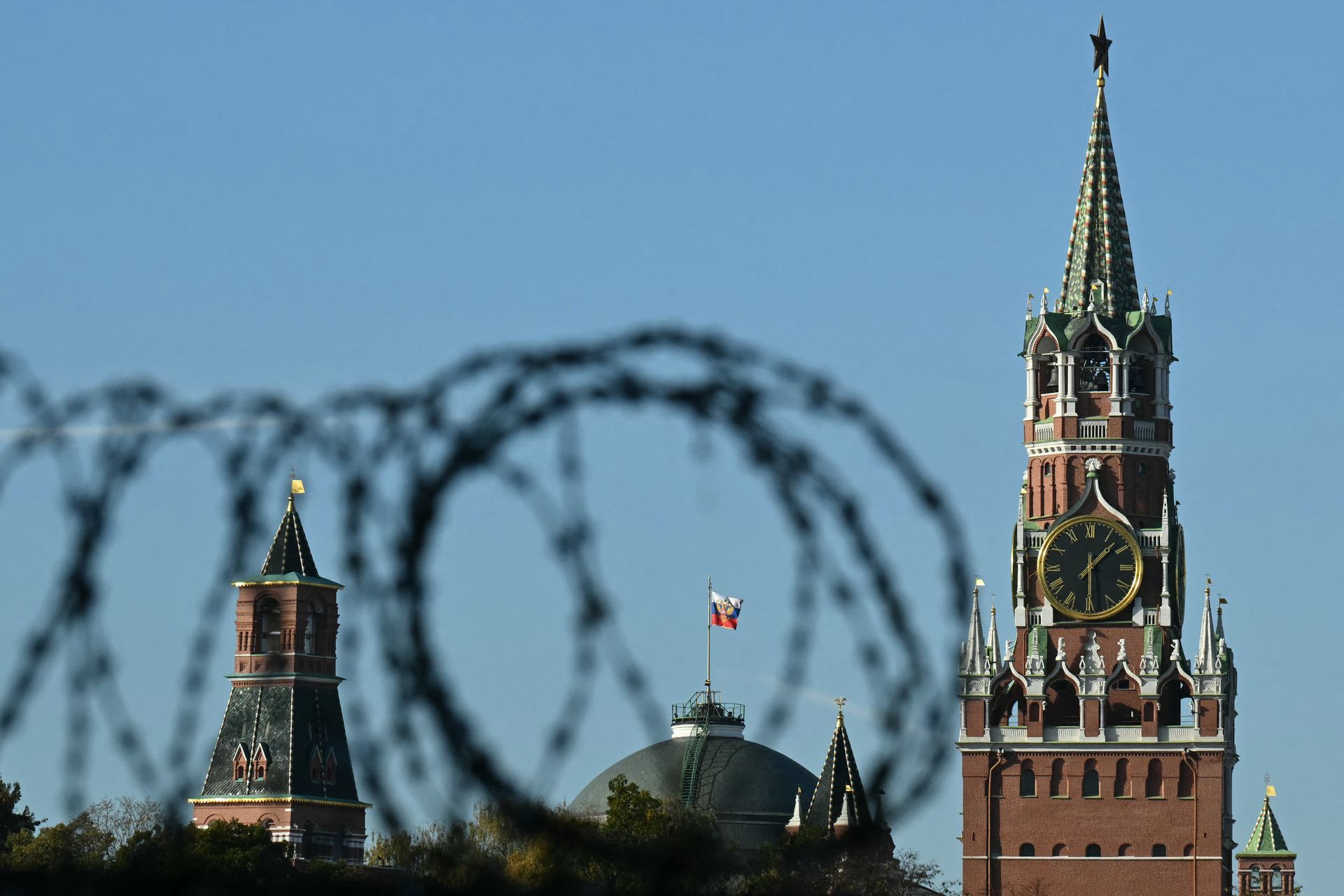
German International Minister Johann Wadephul has introduced stronger surveillance and extra sanctions concentrating on Russia's so-called "shadow fleet" following suspected sabotage of underwater infrastructure within the Baltic Sea, Die Zeit reported on Could 17.
"The menace has intensified over current months," Wadephul stated. "Severed cables, disrupted indicators, and suspicious vessels are of significant concern to us."
Just lately, a collection of incidents concerned severed cables and disrupted indicators within the Baltic Sea area. Whereas U.S. and European intelligence officers have prompt a few of the injury could have been unintended, some senior officers, argue that repeated disruptions can’t be defined by "poor seamanship" alone.
Wadephul stated Germany and its allies are responding to hybrid threats within the Baltic area with elevated patrols and renewed stress on Russia's covert transport operations.
"Russia threatens all of us within the Baltic area," he stated. "We as residents, NATO and the EU are dealing with hybrid threats with all our may, together with additional patrol."
The so-called shadow fleet consists of oil tankers and different cargo ships utilized by Russia to avoid Western sanctions, notably in transporting oil. In current months, suspected acts of sabotage linked to this fleet have drawn consideration to vulnerabilities in undersea cables and pipelines, prompting intensified monitoring of maritime infrastructure.
Calling the fleet a "direct safety menace," Wadephul stated the European Union will impose contemporary sanctions on vessels enabling Russia to bypass restrictions. "This additionally helps Ukraine, as a result of the shadow fleet strikes oil on daily basis that Russia sells across the sanctions," he added.
On Could 14, EU ambassadors agreed on the bloc's seventeenth package deal of sanctions towards Russia, primarily concentrating on its shadow fleet of oil tankers.
European Fee President Ursula von der Leyen welcomed the transfer, insisting it could "maintain the stress excessive on the Kremlin."
However exterior the EU bubble, critics see it as one other incremental transfer that fails to match the urgency of the second, and behind closed doorways, even EU officers acknowledge the package deal was watered down throughout negotiations.
The seventeenth EU package deal with Russia sanctions will likely be formally adopted on Could 20 at a gathering of overseas ministers in Brussels.
 The Kyiv IndependentKateryna Denisova
The Kyiv IndependentKateryna Denisova